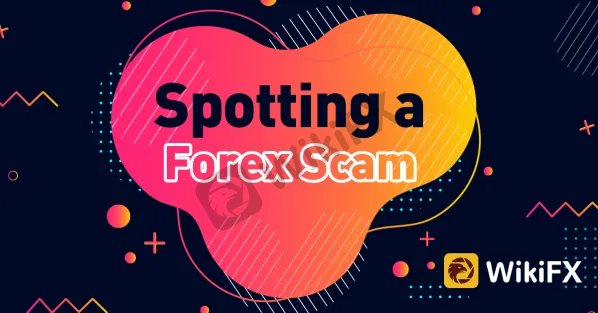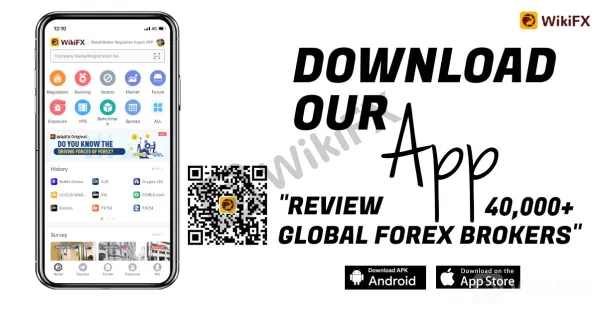
Here are a few ways to spot a potential forex broker scam in South Africa:
Unregulated Brokers: Ensure that the broker you are considering is regulated by the Financial Sector Conduct Authority (FSCA). If they are not, they may be operating illegally and should be avoided.
The best tool for locating a broker in South Africa is the WikiFX app. WikiFX is a forex broker search tool that does all the work for you. Traders have access to all regulatory information, rates, and evaluations via the app. The WikiFX app is available on both the Play Store and AppStore.
Unrealistic Claims: Be wary of brokers who make unrealistic claims about returns or guarantee profits. It is not possible to predict the forex market with 100% accuracy, and any broker making such claims is likely a scam.
Pressure to Deposit Funds: Legitimate brokers will not pressure you to deposit funds quickly. If a broker is pushing you to deposit money before you are comfortable, it may be a sign of a scam.
Difficulty Withdrawing Funds: If a broker makes it difficult for you to withdraw your funds, it could be a sign of a scam. Legitimate brokers will process withdrawal requests in a timely manner.
Lack of Transparency: If a broker is not transparent about their fees and charges, it could be a sign of a scam. Legitimate brokers will provide clear information about their fees and charges.
Inability to Contact: If a broker is difficult to contact or unresponsive to your inquiries, it could be a sign of a scam. Legitimate brokers will be available to answer your questions and address any concerns.
In addition to these red flags, you should also do your own research on the broker, read reviews and testimonials from other traders and check with the FSCA for any complaints or warnings about the broker.
It's always best to trade with well-established and reputable brokers. Do not be swayed by unrealistic promises of high returns or be tempted to invest more than you can afford. Always be vigilant and protect your investments.

Leave a Reply